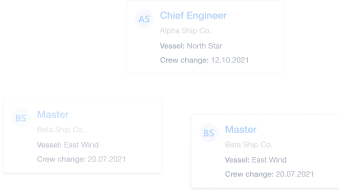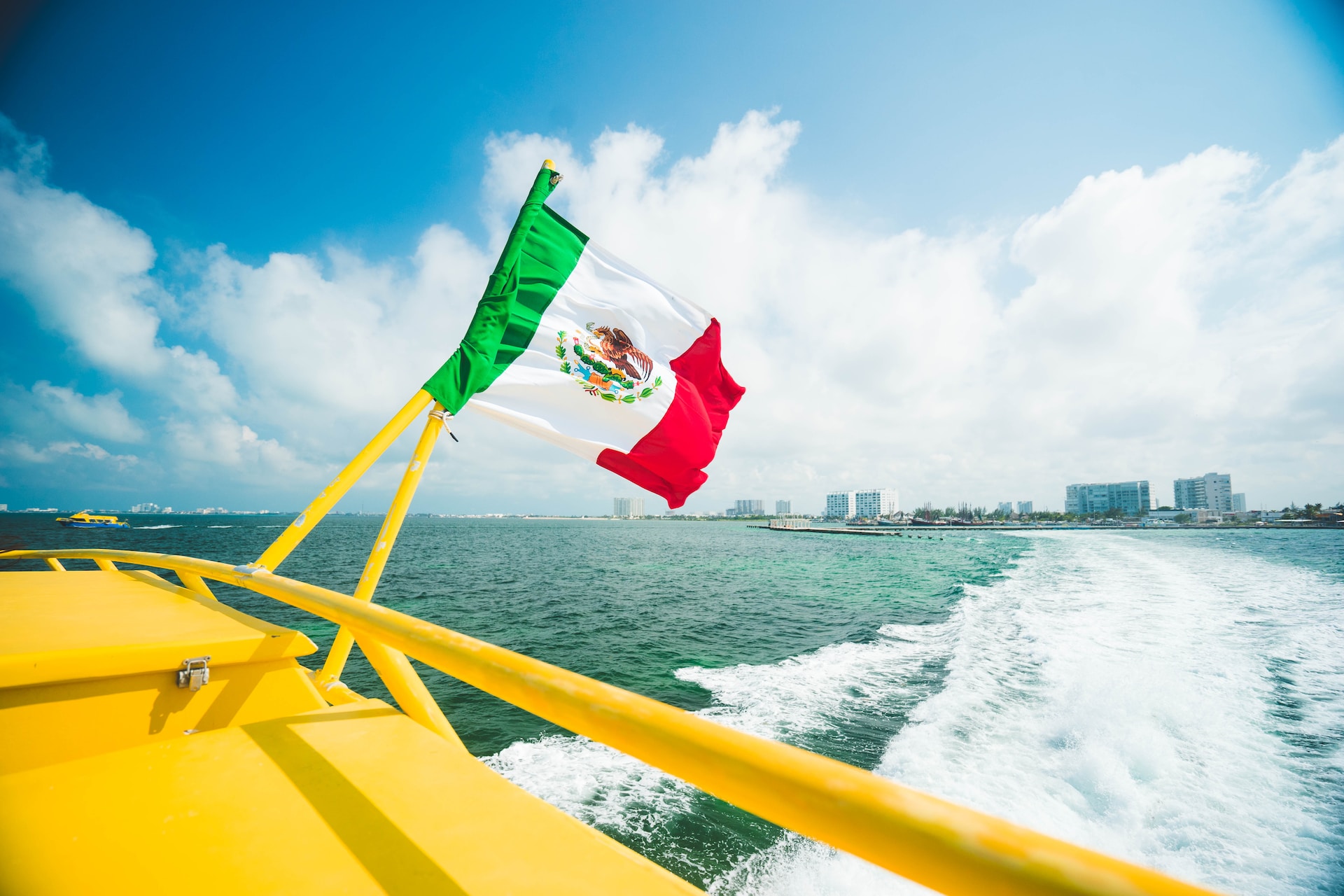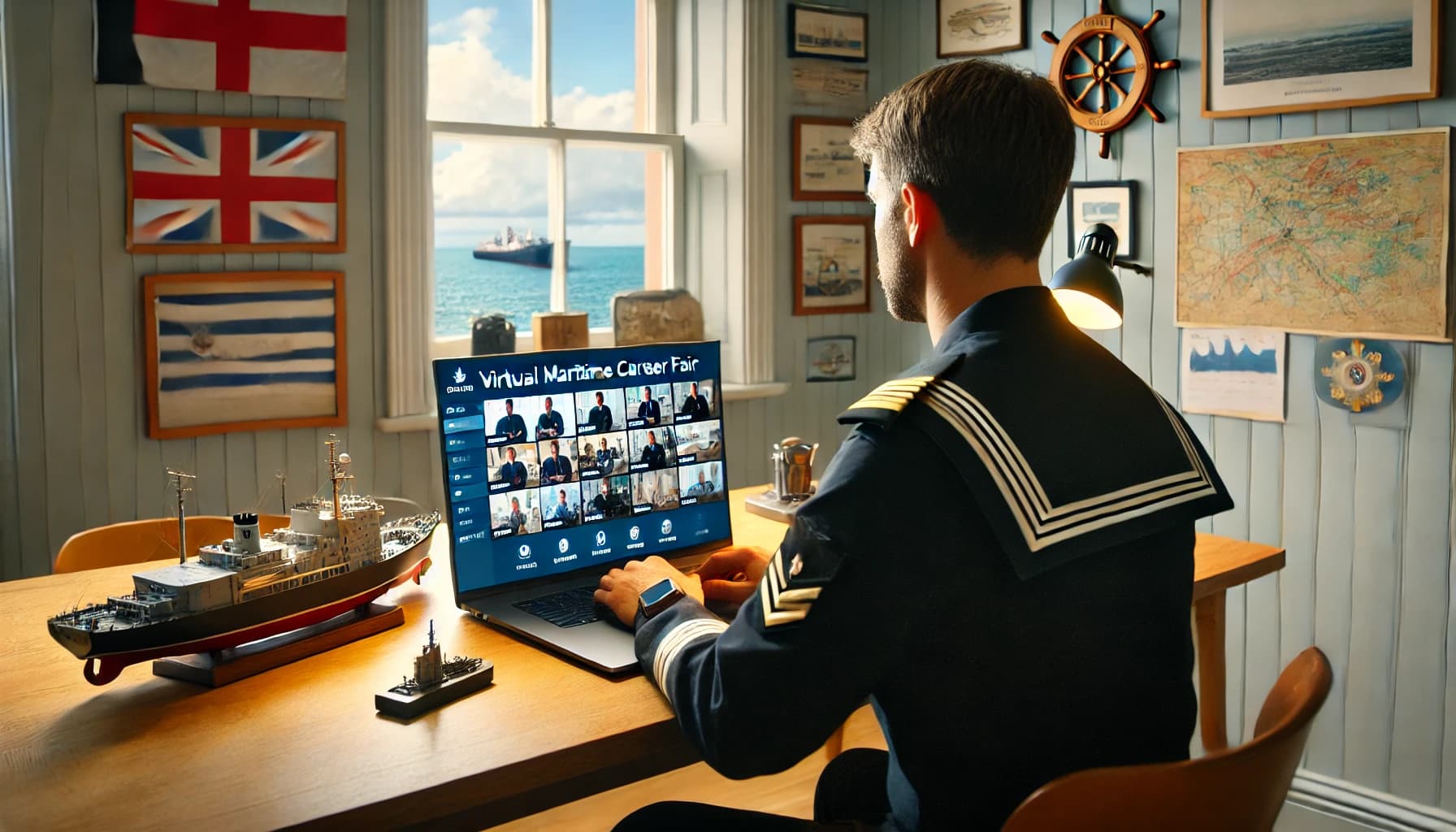The Maritime Trends & Innovations Impacting Seafarers
May 02, 2024 · 8 mins read ·
Maritime Industry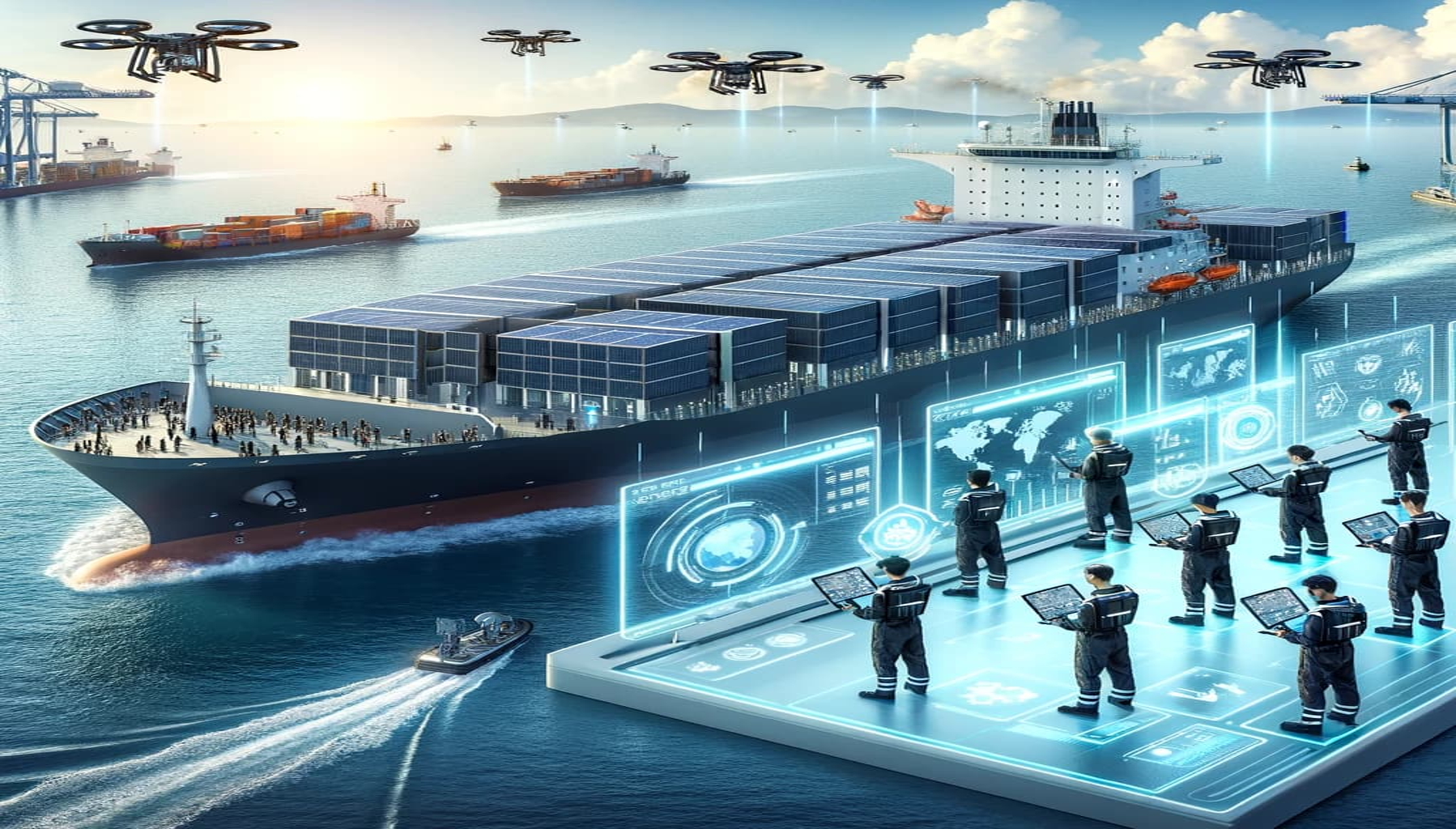
As a crew manager, shipowner, ship manager, manning agent or other professional connected to the maritime industry, you have probably noticed that the sector as a whole is on the cusp of transformative change.
These shifts are driven by a number of factors: technological advancements, regulatory developments, and evolving market dynamics, to name a few.
However, if you’re working in maritime recruitment or crew planning or management, chances are you leave the bigger issues concerning trends in the shipping industry to your C-Suite to worry about. But, as someone who works directly with seafarers, now is a good time to take a moment to consider how these changes might be affecting those who actually work on your vessels.
How might seafarers be impacted by changes to the maritime industry?
As the often unsung heroes and the backbone of global trade, commercial seafarers play a pivotal role in shaping the future of shipping. We’re going to explore the emerging trends and innovations that are reshaping the maritime landscape and discuss their impact on the men and women who work at sea.
Digitalization and automation
Digitalization is revolutionizing every aspect of the shipping industry, from navigation and cargo operations to maintenance and logistics. Automated systems and smart technologies are streamlining processes, optimizing efficiency, and enhancing safety onboard commercial vessels.
Seafarers are increasingly working alongside autonomous systems, utilizing advanced navigation aids, and leveraging data analytics to make informed decisions and improve performance at sea.
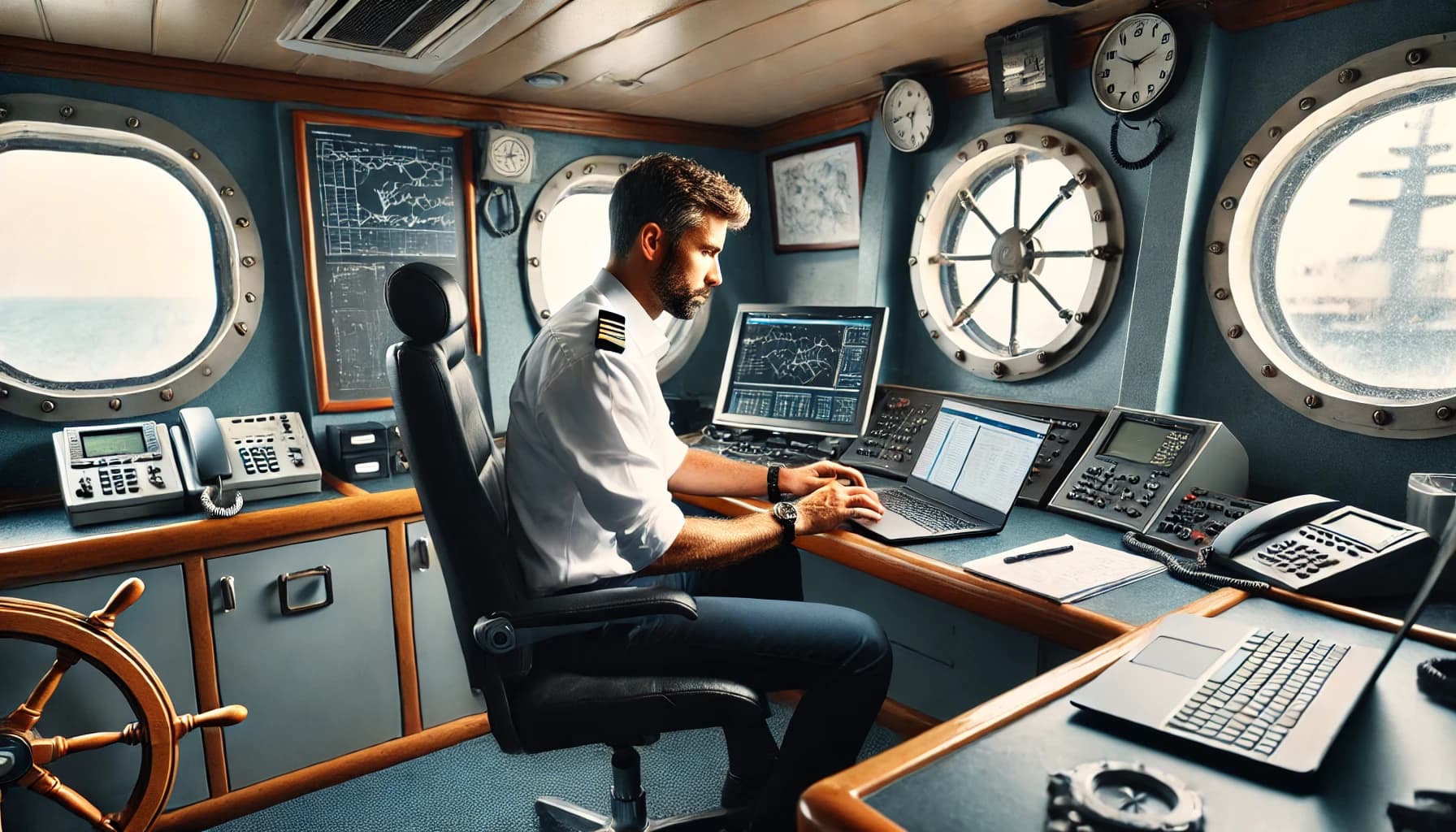
Eco-friendly shipping solutions
With growing concerns about environmental sustainability and climate change, the shipping industry is embracing eco-friendly solutions and green technologies to reduce emissions and minimize environmental impact.
And this means that seafarers need to adapt to new regulations, such as the International Maritime Organization's (IMO) sulfur cap regulations and the push for decarbonization, by working with alternative fuels, optimizing fuel consumption, and adopting emission reduction technologies onboard ships.
Remote monitoring and connectivity
Remote monitoring and connectivity are revolutionizing the way commercial vessels are managed and operated. Advanced sensors, satellite communication systems, and Internet of Things (IoT) devices enable real-time monitoring of vessel performance, equipment condition, and environmental parameters from shore-based control centers.
Seafarers are increasingly having access to comprehensive data and analytics, allowing for proactive maintenance, predictive analysis, and remote troubleshooting to ensure vessel safety and efficiency.
Crew welfare and wellbeing
Those of you who work in maritime crew management know full well that as the demands of work at sea continue to evolve, there is a growing focus on crew welfare and wellbeing onboard commercial vessels.
Many shipping companies are investing in initiatives to promote mental health, improve living conditions, and enhance amenities for seafarers. This means some crew members are benefiting from improved onboard facilities, access to recreational activities such as gyms, and enhanced communication and support services to maintain physical and mental wellbeing during extended voyages.
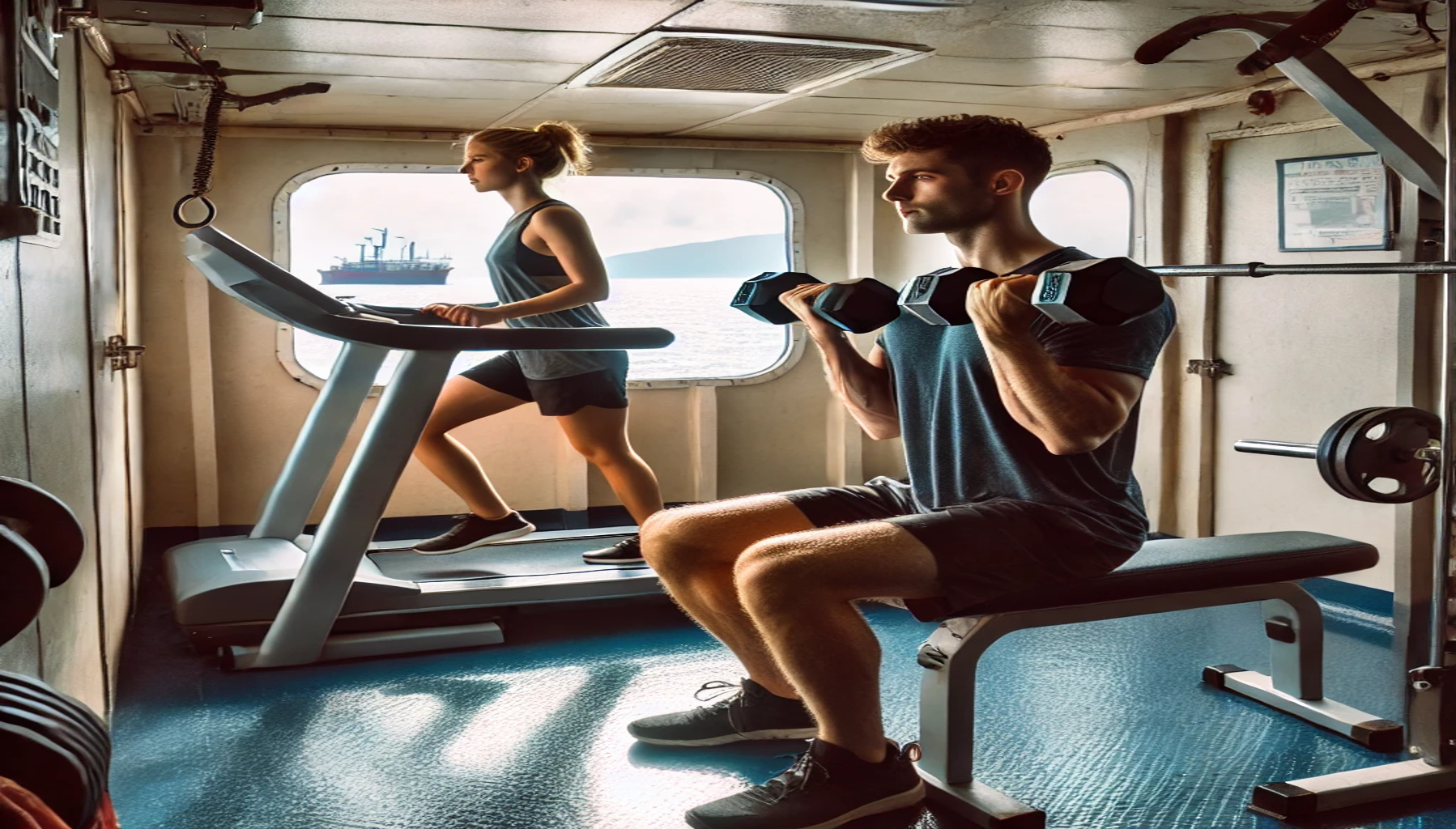
Skills development and training
The rapid pace of technological change and innovation in the shipping industry requires commercial seafarers to continuously update their skills and knowledge to stay relevant and competitive.
Training programs and professional development initiatives are essential for equipping seafarers with the skills, competencies, and certifications needed to operate modern vessels safely and effectively.
Many seafarers are embracing lifelong learning, participating in specialized training courses, and leveraging simulation and virtual reality technologies to enhance their skills and readiness for the future of shipping.
And as a crew manager or manning agency, you too have a part to play in this upskilling and, taking into consideration all of the points above, from new onboard technologies to alternative fuels and the need to know how to handle them, making sure your seafarers are adequately equipped to work safely and efficiently is crucial.
How can your company embrace maritime innovation?
Of course it would be naïve to think that a sudden sea change and total transformation of your procedures, processes and crew and ship management policies is something that can happen overnight, but there are smaller, yet still highly impactful changes you can make to move your company forwards.
For example, adopting a better way of recruiting seafarers, engaging more effectively with candidates, planning crew more quickly and easily, and scheduling travel for seafarers is just one way you can use technology to propel your company forward.
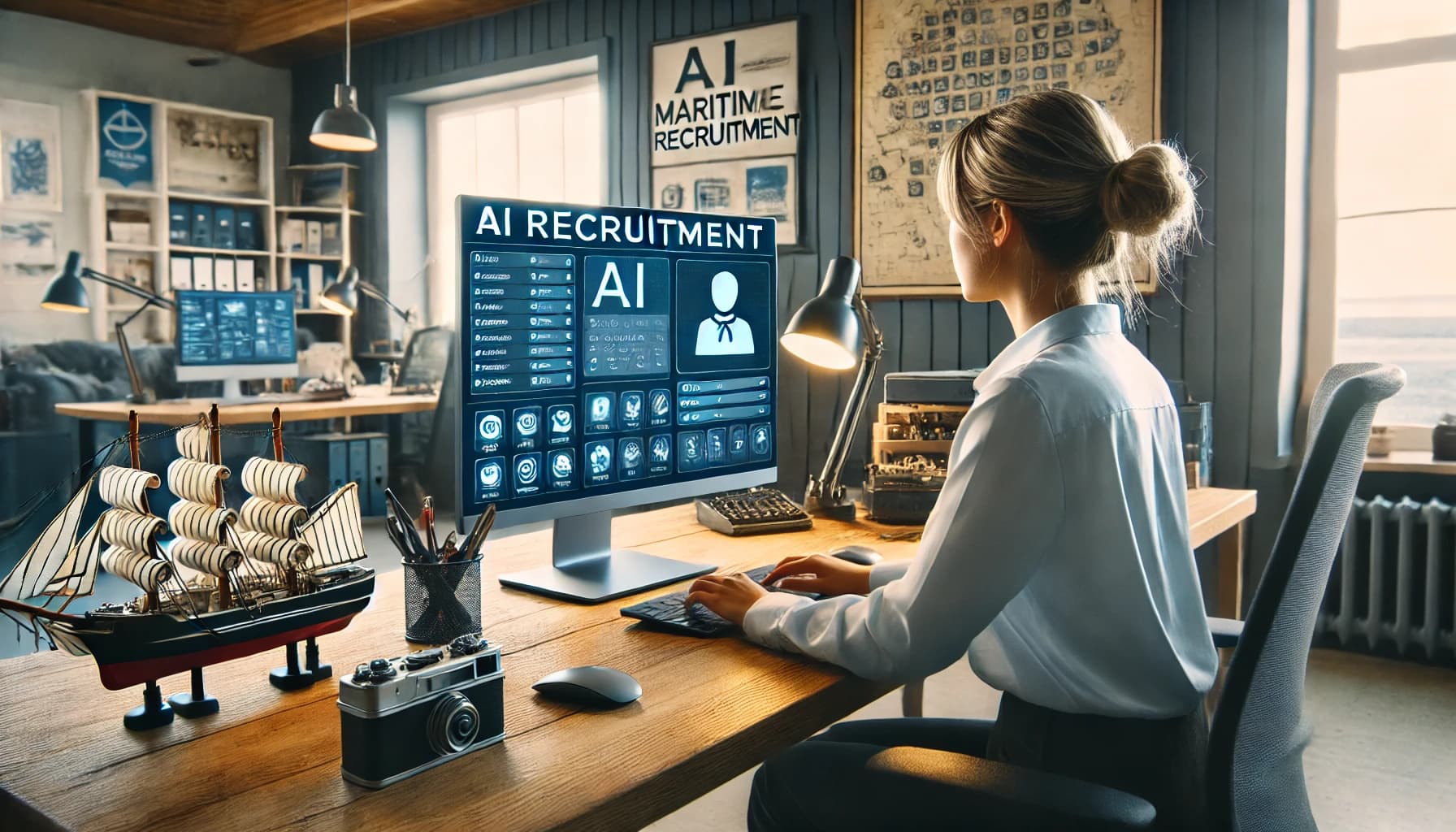
Take Martide’s recruitment and maritime crew management software as an example. And while we might be just a little bit biased, we think we offer one of the best solutions out there for crew managers, recruitment officers and manning agents who want to streamline their maritime recruitment and planning operations.
Our end-to-end crewing system includes some fantastic features, including:
- A searchable recruitment database of seafarers
- Customizable recruitment pipelines that take care of everything from finding crew to signing contracts
- A color-coded, highly visual crew planning calendar to help you manage change overs
- An API that enables you to sync with, and send tanker data to, OCIMF SIRE
- Synchronization with port and travel agents to help you more easily book seafarer travel
- A mobile app created for seafarers so they can search for, and apply for, your jobs on the go
Final thoughts on maritime industry trends and seafarers
As the maritime industry navigates the complexities of the 21st century, both you and your seafarers can be at the forefront of innovation and change.
By embracing digitalization, sustainability, connectivity, crew welfare, and skills development, you are helping the crews that work on your vessels shape the future of shipping and drive positive transformation both in the industry - and in your company or agency.
As your crews - with your help, training and guidance - adapt to emerging trends and innovations, those who work at sea will continue to play a vital role in ensuring the safe, efficient, and sustainable movement of goods across the world's oceans for generations to come.
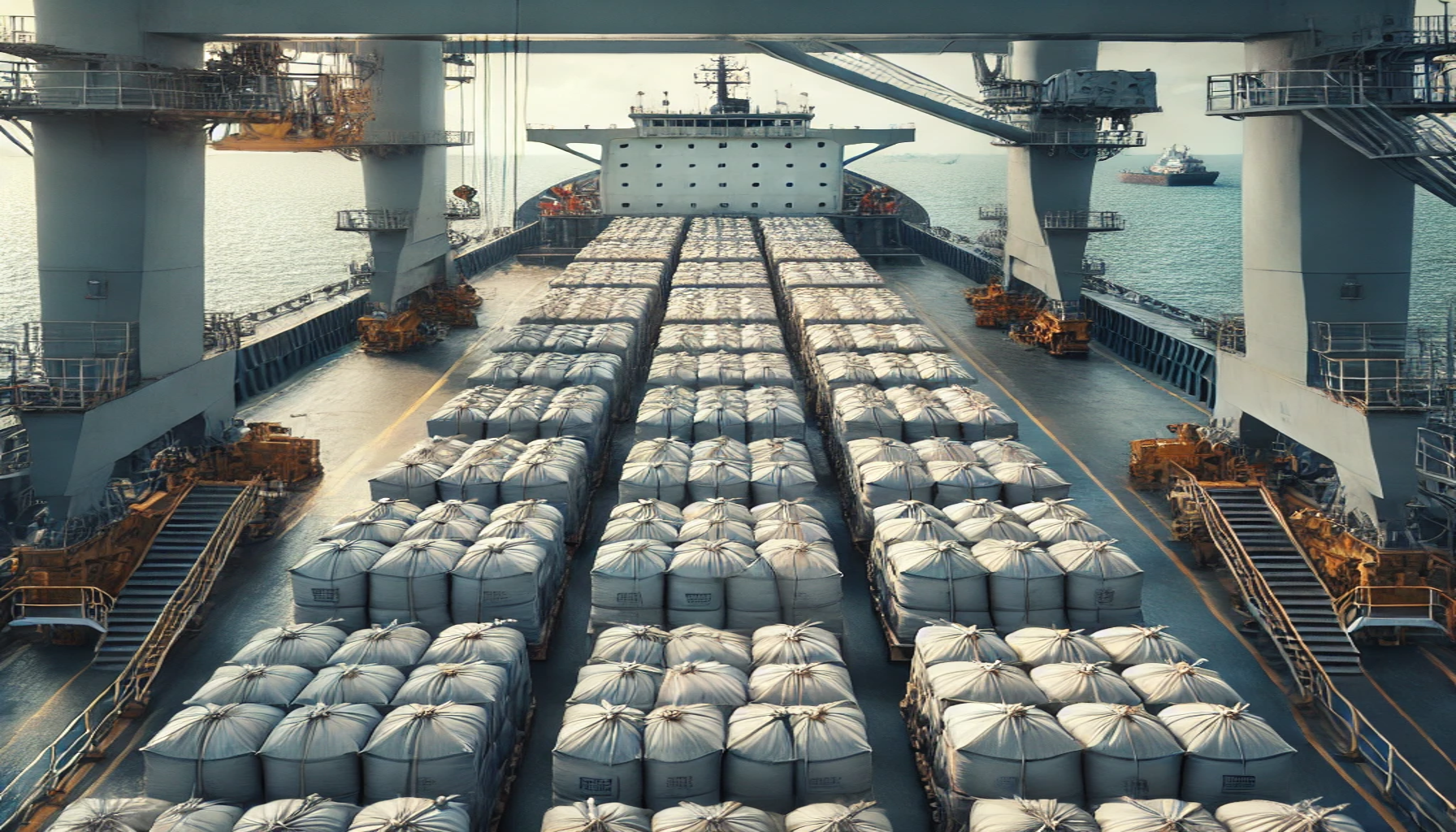
What you can do next
Are you ready to meet the future head on? If you’d like to know more about how Martide’s maritime crew management software solution can help you work smarter, not harder, get in touch.
We’re always happy to answer any questions you might have, and we also offer free, no-strings-attached demos so that you can see for yourself how our maritime recruitment platform and crew planning system can enhance your operations.
We look forward to talking to you soon.

Eve Church
Eve is Martide's content writer, publishing regular posts on everything from our maritime recruitment and crew planning software to life at sea. Eve has been writing professionally for more than two decades, crafting everything from SEO-focused blog posts and website landing pages to magazine articles and corporate whitepapers.
UK
